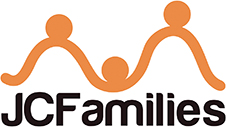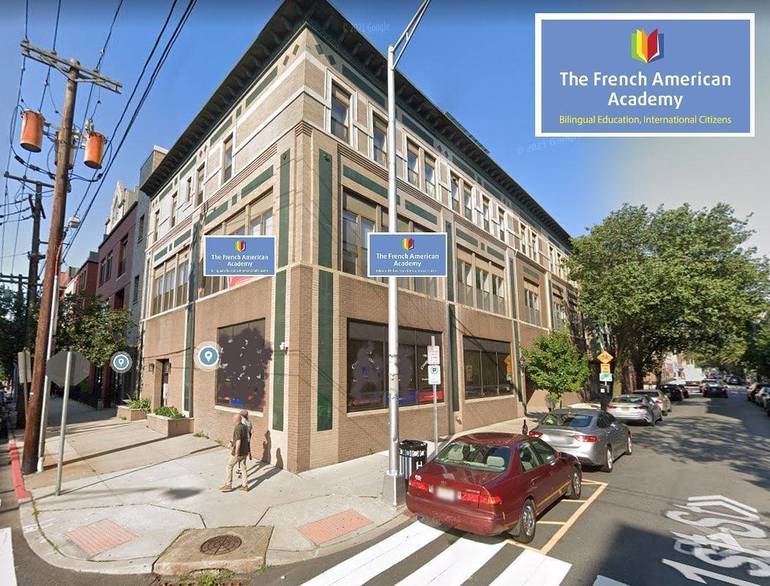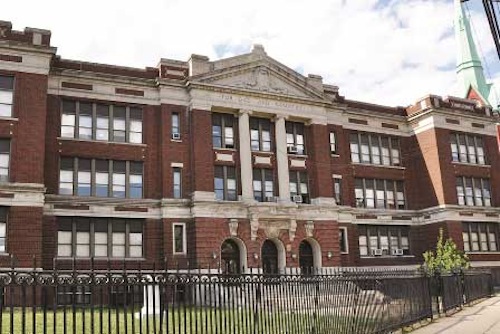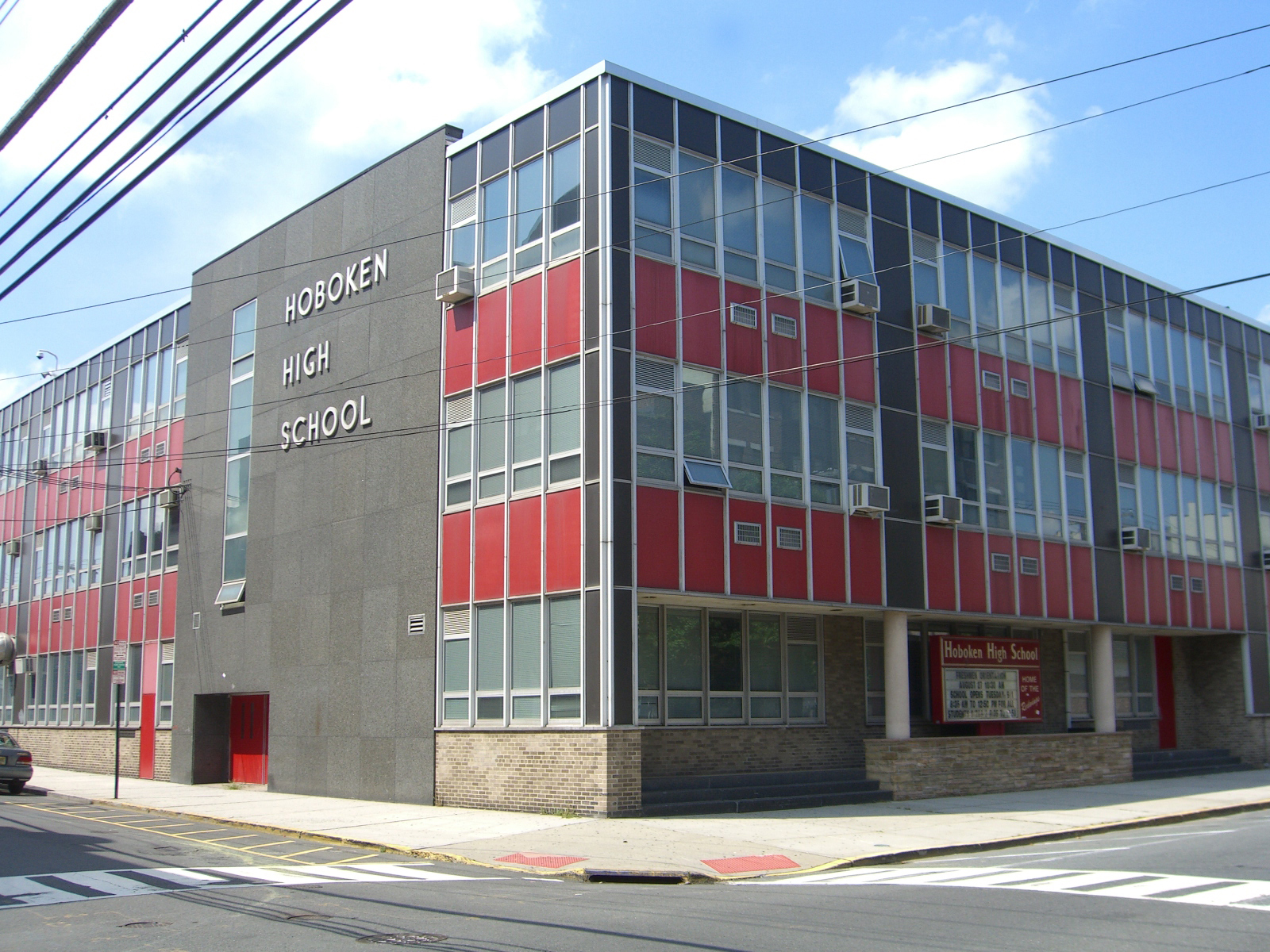Its spring and school will be over for our current students and vacation time will begin. However the journey to finding and researching schools/daycares that fit your needs are upon us as parents. This is the perfect time of year to visit local schools and daycares in order to get an idea of what their learning environment is really about. Some schools/daycares may start Open Houses in order to recruit for the upcoming school year. Either way as a parent or guardian, you need to be prepared to ask the right questions is essential for your journey.
As an educator for 13 years in NJ and as a parent of three children (two boys and a baby girl) I am very particular in my choices of schools.There has always been a set of questions I would look forward to being asked from parents when I did the Open House at school and questions I would ask teachers whenever my sons were ready to attend a new school. It was always important for me to identify what my and my children’s needs were from a school before I could identify what they could do for me. So in the spirit of new beginnings and figuring out what would work best for you, I have listed my top questions to ask your School/Childcare Provider when choosing a new school for you and your child.
What is the look and feel of the school? For me original artwork and socially aware work along the walls helps me to see what students are learning. When I see more kids work opposed to teacher created items, I can tell that a school is invested in seeing their children succeed. Children take pride in their work and schools do to when I see student work decorating the walls.
Does the school have a particular philosophy or educational approach? Understanding a schools philosophy will help you identify if their approach to learning is similar to your child’s learning style. As a special educator I am often curious to how a school addresses the needs of special needs and at-risk students. This is key for a parent who has noticed they have a child with significant delays with learning and development. I also look for a school that has mastered the art of differentiated instruction because all children learn at different paces and are individuals. Does the school focus on student learning or teaching toward the standardized tests?
How large are the classes? Class sizes in public schools are mandated by state standards, and they will vary from state to state. What is the average class size? Studies haves shown that younger children learn best in smaller environments, but most public schools have far more students. So if the class is large, what is the teachers class management style? Does each class have an aide? Do students get individualized assignments and unique attention?
What’s the learning environment like? What role does reading and math play in the day to day learning? Is the environment conducive to learning with hands-on activities or not? Are small groups utilized throughout the day or do students work individually. How does the teacher reach the students? Does he/she lecture or is he/she working with the students in active ways? Is differentiated instruction utilized? How is my child responding to this environment? What are your schools tests scores in math and literacy?
What kinds of exchanges do teachers have with students? Are the teachers invested in the community and the people who live in them? What kind of connections are made between teachers, students and the community?How do teachers inspire their students thirst for learning? Does the school celebrate various cultures within the school community?
What does student work look like? How rigorous are the assignments given by the teachers? How do the assignments correlate to the real-world and curriculum standards? What is stressed, quantity or quality when it comes to student work?
How does the school address social-emotional issues? Does the school have specific guidelines and programs in place for helping children develop communication skills and work through social conflicts? Ask the school to describe their approach. Consider whether this will work for you and your child.
What are the discipline and homework policies? As a parent this is a very important question because you need to be familiar with how your school handles these types of situations. If you agree with a schools policies then you are well on your way to figuring what will be the best fit for you and your family.
How balanced is the curriculum? It was important that my sons had physical activity as well as arts in their school while infusing the academics of the core subject areas. This provided for a well balanced child. Academics, Athletics, and the Arts were the triple A that I looked for with my children. It was also key to know how often these classes were offered. Kids are inspired to learn when their school has a balanced lifestyle.
What’s the approach toward grades? What is your grading system? Do you use letter grades, a point system, pass/fail or narrative evaluations? What are you grading? What value do you place on what you grade?
For instance, what are your tests, homework, projects, and quizzes worth in order to achieve the final grade for your report card?
Are the needs of boys and girls addressed? Boys and girls at times may have different needs and understanding this as an educator is key to their success. How is this addressed in your school? Do you provide socially aware books for both genders? Do you have a school counselor to address issues that may arise?
Is the library inviting and well-used? What kinds of books are on the shelves? How often do students visit? What do they learn when they go there? Does your library have computers? Are the libraries up to date with the latest technology? Will the students learn how to increase their technology skills if so in what ways?
What kinds of extra-curricular classes are offered and who gets to do them? What do they consist of? May everyone participate? Does my child seem like he/she would enjoy these activities?
How do parents get involved in the school? Is there an active PTA? How often are the meetings? Can parents volunteer in the classroom? If you do volunteer, what kinds of activities can parents help with? And will you get to work with your child?
How is information communicated to parents? Do teachers have a website that parents may view what tasks the children will be learning? How do teachers and the administration keep parents informed? Is there a good newsletter? Is e-mail used to communicate with teachers? How often do parents meet with their child’s teacher and how long are these meetings? Are teachers available for additional meetings if needed?
Is there a student government? What role does the student government play within the community? Do students utilize community service via student government? Does student government help to address student concerns and issues?
Do teachers learn from each other? Dialogue between teachers is key when working with shared students. It helps teachers to address issues they make have with a student and allows for constant growth. Ask about how workshops and professional development practices are utilized. What kind of training is offered to the teachers throughout the school year?“
Lastly always ask for a sample of class schedules, rule books, homework samples, newsletters, and policy statements. This will help you to have a better idea of what each school is doing and how they plan to get it done and the end result should be you finding the right school fit.
I hope you’ve found my questions helpful on your quest to finding the right school fit for you and your child. It is a comprehensive list but you don’t have to use them all and think about it, isn’t your child worth it? I think so.
Good luck on your journey!
Nashima Harvey, Ed.M
CEO of THE LITTLE GREEN HOUSE, LLC Educational Services
NashimaHarvey.com






